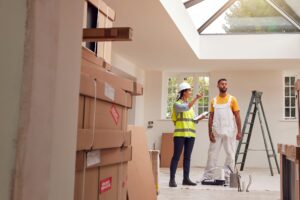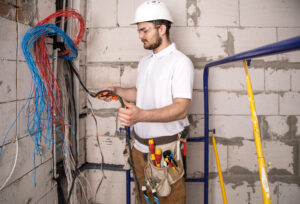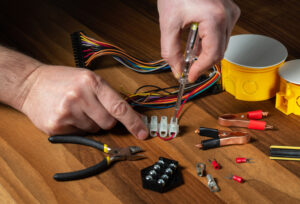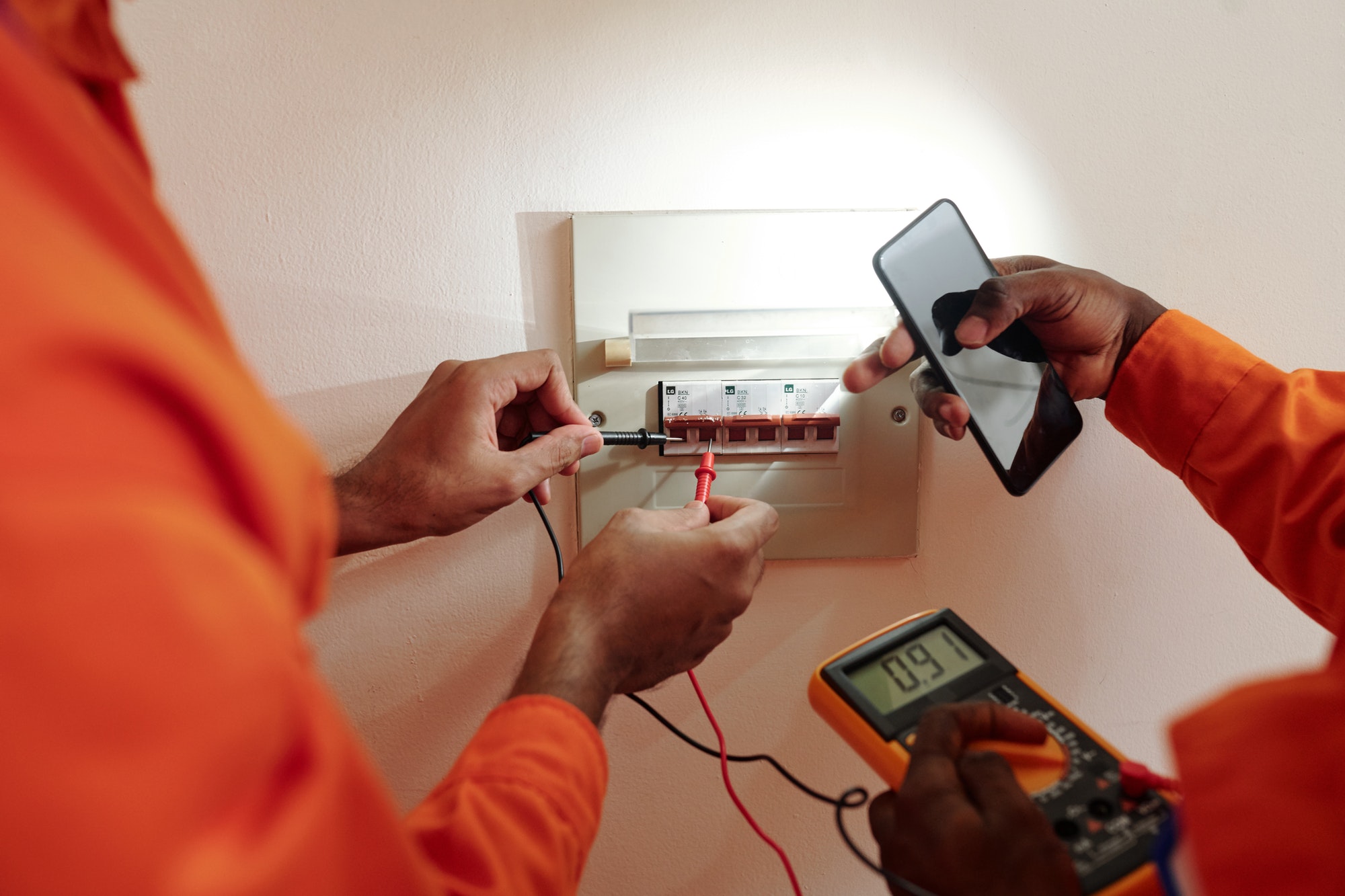As a landlord in London, preparing for safety checks is a crucial aspect of property management. Ensuring your property meets all safety standards not only protects your tenants but also helps you comply with legal obligations and avoid potential fines. Here are essential tips for London landlords to prepare for various safety checks effectively.
Understanding Your Obligations
Before delving into the preparation tips, it’s essential to understand the key safety checks required for rental properties in London:
- Gas Safety Check: Annual inspection by a Gas Safe registered engineer.
- Electrical Safety Check: An Electrical Installation Condition Report (EICR) at least every five years.
- Fire Safety: Installation and maintenance of smoke and carbon monoxide alarms.
- Legionella Risk Assessment: Regular assessments to prevent Legionella bacteria in water systems.
- Routine Property Inspections: Regular inspections to ensure overall property condition and safety.
Tips for Preparing for Safety Checks
1. Schedule Regular Inspections
Plan Ahead
- Mark your calendar for annual gas safety checks and five-yearly EICRs to ensure timely inspections.
- Schedule these checks well in advance to avoid last-minute rushes and ensure availability of qualified professionals.
Coordinate with Tenants
- Inform tenants about upcoming inspections and work out a suitable time to minimize inconvenience.
- Provide clear instructions on what they need to do, such as granting access to all rooms and ensuring the property is accessible.
2. Conduct Pre-Inspections
Self-Inspection
- Perform your own checks before the official inspection to identify any obvious issues.
- Look for visible signs of damage, such as frayed wires, damaged sockets, or malfunctioning smoke alarms.
Use Checklists
- Create or use existing checklists to ensure you cover all necessary aspects of each type of safety inspection.
- Include checks for gas appliances, electrical installations, and fire safety equipment.
3. Hire Qualified Professionals
Verify Credentials
- Ensure that the professionals you hire for inspections are certified and registered with relevant bodies, such as Gas Safe for gas inspections and NICEIC for electrical inspections.
- Check reviews and recommendations to find reliable and reputable service providers.
Build Relationships
- Establish relationships with trusted professionals for regular inspections and maintenance. Consistent service providers will be familiar with your property and its history.
4. Maintain and Update Safety Equipment
Install Safety Devices
- Ensure smoke alarms are installed on every floor and carbon monoxide alarms in rooms with fuel-burning appliances.
- Test alarms regularly and replace batteries as needed.
Upgrade Outdated Systems
- Consider upgrading old electrical systems and gas appliances to meet current safety standards and reduce potential hazards.
- Install modern safety features, such as Residual Current Devices (RCDs), to enhance electrical safety.
5. Document Everything
Keep Records
- Maintain detailed records of all safety checks, inspections, and remedial work.
- Store copies of Gas Safety Certificates, EICRs, and fire safety maintenance logs securely.
Provide Documentation to Tenants
- Give tenants copies of safety certificates and reports as required by law.
- Keep them informed about the importance of these checks and encourage them to report any issues immediately.
6. Educate and Engage Tenants
Safety Information
- Provide tenants with information on how to use gas and electrical appliances safely.
- Explain the importance of regular safety checks and their role in reporting issues promptly.
Regular Communication
- Maintain open lines of communication with tenants regarding safety matters.
- Address their concerns quickly and effectively to build trust and ensure their cooperation during inspections.
7. Proactive Maintenance
Regular Upkeep
- Carry out regular maintenance on gas and electrical systems to prevent issues from arising.
- Address minor repairs immediately to avoid them turning into major problems that could affect safety checks.
Preventative Measures
- Implement preventative measures such as insulating water pipes to prevent Legionella growth.
- Ensure good ventilation and regular water system use to minimize health risks.
Conclusion
Preparing for landlord safety checks in London involves proactive planning, regular maintenance, and effective communication with tenants. By staying organized, hiring qualified professionals, and keeping thorough records, landlords can ensure their properties meet safety standards, protect their tenants, and comply with legal requirements. Following these tips not only helps in passing safety inspections smoothly but also fosters a safe and secure living environment for tenants.






